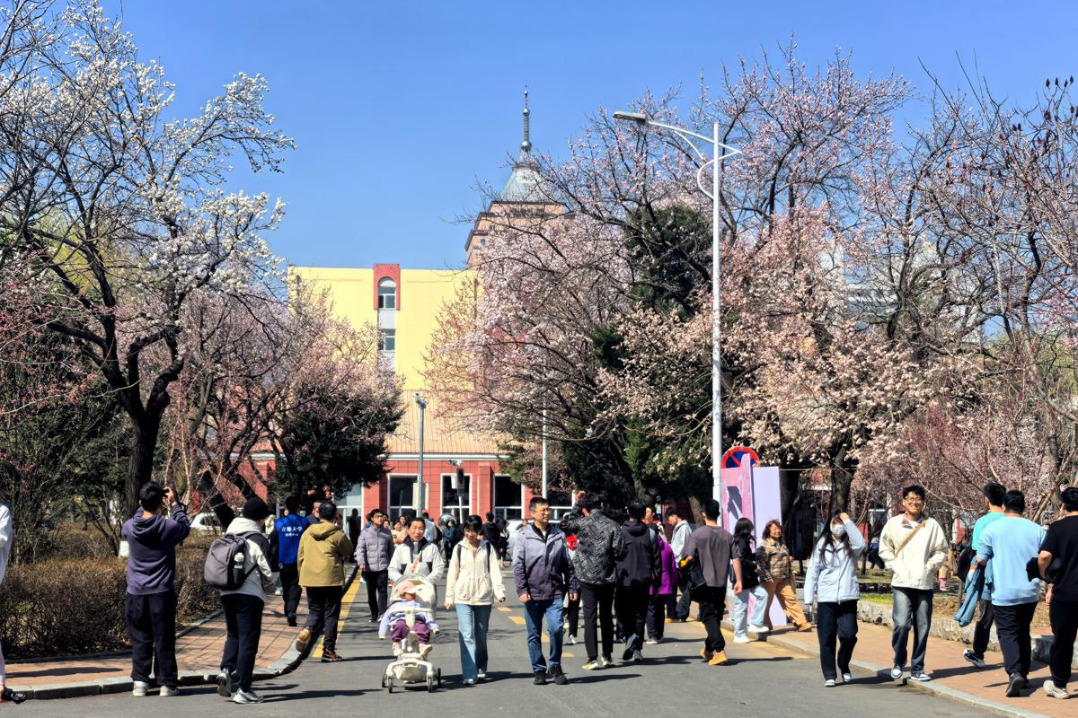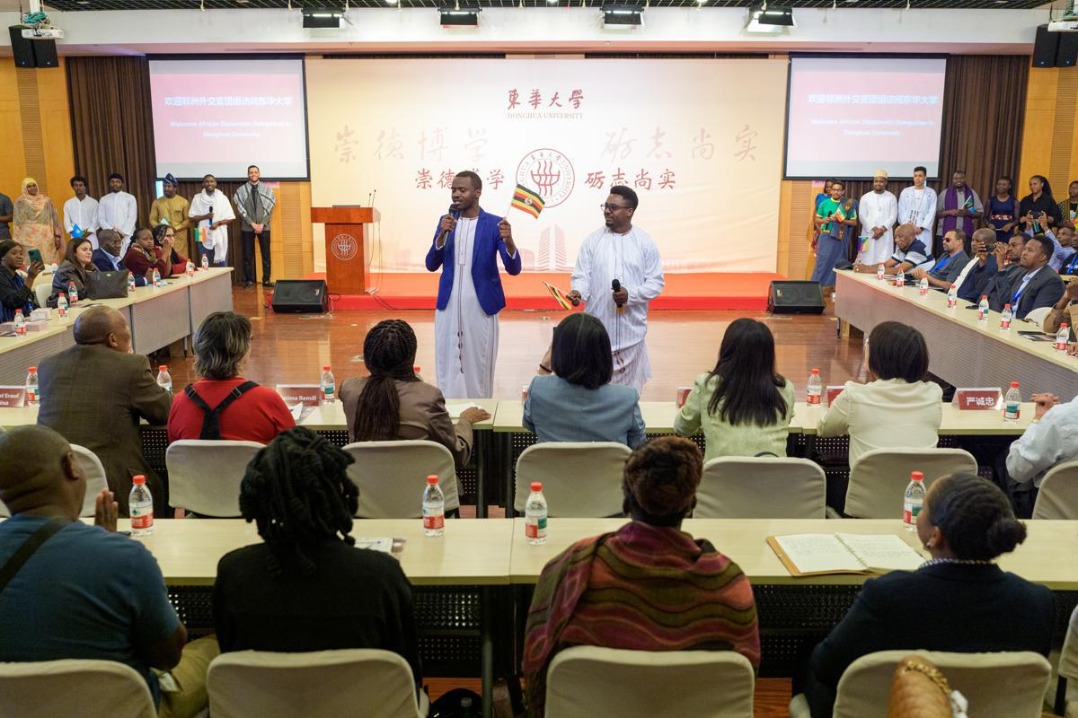29 undergrad majors added in reshuffle

China has added 29 new undergraduate majors in its latest annual reshuffle of university disciplines released on Tuesday, aiming to respond rapidly to the evolving needs of national strategies and the pursuit of high-quality development, according to the Ministry of Education.
Universities nationwide added 1,839 new undergraduate programs while suspending enrollment in 2,220 programs and phasing out 1,428 others. Additionally, 157 existing programs underwent modifications in degree categories or the duration of study.
The ministry releases the reshuffle every year, and it said the latest one marks a more drastic change in undergraduate majors.
Among the 29 newly added majors, it added ones that serve strategic areas of national interest, such as regional and country studies, carbon neutrality science and engineering, marine science and technology, and health and medical security.
It also included those focusing on technological frontiers, such as intelligent molecular engineering, medical device and equipment engineering, and spatiotemporal information engineering.
Majors catering to emerging market trends were added, such as international cruise management and aeronautical sports, as well as artificial intelligence-integrated disciplines such as AI education, smart audiovisual engineering and digital drama.
To facilitate a more agile response to national strategies, the ministry has implemented a new mechanism allowing swift adjustments to the curriculum in response to newly prioritized strategic areas.
Addressing the rapid development needs of the low-altitude economy, six universities, including Beihang University, have been guided to add a major in low-altitude technology and engineering.
With China's higher education system now offering 62,800 undergraduate programs, the ministry emphasized strengthening the alignment between academic planning and employment trends.
A senior official with the ministry's department of higher education said that universities need to apply a year in advance to add new majors, so that they will not rush to set up trendy "hot majors" without proper consideration.
Meanwhile, the ministry has offered guidance to universities in establishing majors related to emerging industries and national strategic needs, the official said.
Moreover, it has guided five provincial regions to better match university majors with local development needs, he said.
For example, almost 30 percent of university majors in Heilongjiang province were adjusted last year, with 74 percent of the existing majors supporting its key industries, the official said.
Lang Shiyuan, an English teacher at the First High School of Changsha in Hunan province, said he and his students pay close attention to the annual changes in majors.
He said that the new majors were more practical and conform to the needs of society.
His students, especially the top ones, have strong opinions on what majors they are going to study at university, he added.
"They will choose majors offering good career prospects," he said. "Interest and sense of achievement are also important."
- Kite fliers honor Weifang's peace legacy
- Guangdong key industries to hunt for talent nationwide
- Nyingchi city's peach blossom season draws record tourists
- China's geospatial platform introduces 18 specialized datasets
- China makes big progress in helium exploration
- Guizhou's mega-bridge sets fire safety milestone





































